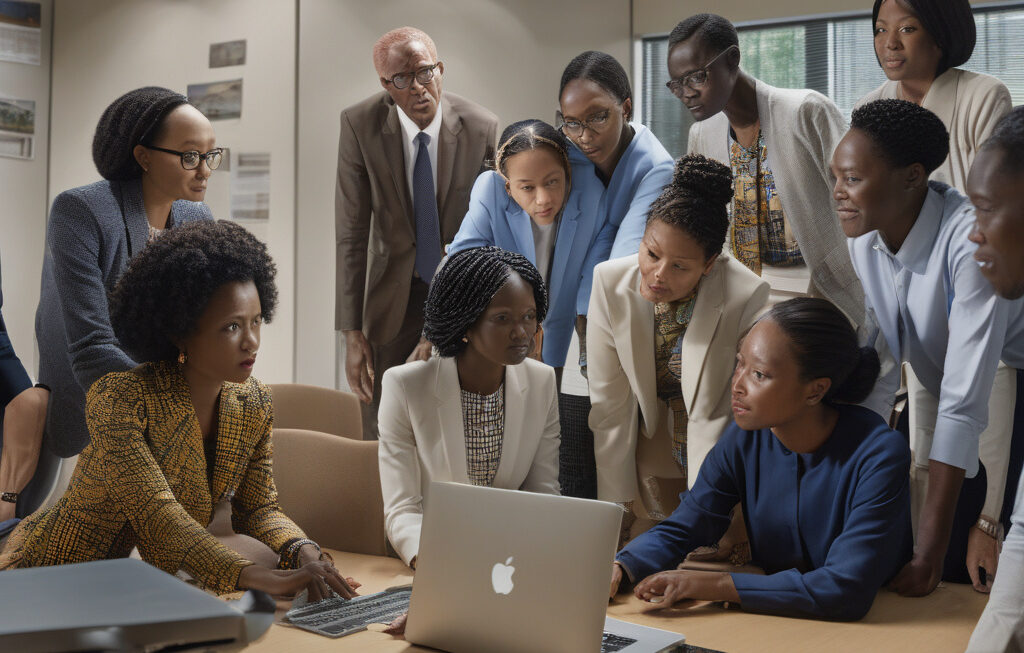Africa Reflects on 20 Years of WSIS at IGF 2025
The recently held IGF 2025 panel has shed light on Africa’s digital transformation journey through the lens of the World Summit on the Information Society (WSIS), marking two decades since the inception of this pivotal event. The WSIS, which took place in Geneva in 2003 and Tunis in 2005, has played a crucial role in shaping the global digital agenda and fostering inclusive and sustainable development in the digital age.
Over the past 20 years, Africa has made significant strides in harnessing the power of information and communication technologies (ICTs) to drive economic growth, promote social inclusion, and bridge the digital divide. The continent has witnessed a rapid expansion of mobile connectivity, the proliferation of tech startups, and the digitalization of key sectors such as finance, healthcare, and agriculture.
One of the key takeaways from the IGF 2025 panel discussion was the importance of leveraging the WSIS principles of multi-stakeholder cooperation, capacity building, and digital innovation to address the unique challenges and opportunities facing Africa in the digital era. By building strong partnerships between governments, the private sector, civil society, and academia, African countries can accelerate their digital transformation efforts and maximize the benefits of the digital revolution.
For example, countries like Kenya and Rwanda have emerged as tech hubs, attracting investment, fostering innovation, and nurturing homegrown talent. Startups such as M-Pesa in Kenya and Zipline in Rwanda have not only transformed their respective economies but have also become global success stories, showcasing the potential of African innovation on the world stage.
Moreover, initiatives like the Smart Africa Alliance, which aims to accelerate the socio-economic development of the continent through ICTs, and the African Continental Free Trade Area (AfCFTA), which seeks to create a single market for goods and services across Africa, are further evidence of the continent’s commitment to harnessing the power of technology for sustainable development.
However, despite these achievements, Africa still faces numerous challenges in realizing its full digital potential. Issues such as limited access to affordable internet, inadequate digital skills, cybersecurity threats, and regulatory barriers continue to hamper the continent’s digital transformation efforts.
To overcome these challenges and build a thriving digital economy, African countries must prioritize investment in digital infrastructure, skills development, and regulatory frameworks that foster innovation and competition. By investing in broadband connectivity, digital literacy programs, and supportive policies, Africa can create an enabling environment for tech entrepreneurs to flourish and for digital technologies to drive inclusive growth and development.
As Africa reflects on 20 years of WSIS at IGF 2025, it is clear that the continent has come a long way in leveraging ICTs for development. By staying true to the principles of the WSIS and embracing the opportunities of the digital age, Africa can chart a course towards a more prosperous, inclusive, and sustainable future for all its citizens.
digitaltransformation, WSIS, IGF2025, Africa, inclusivedevelopment












